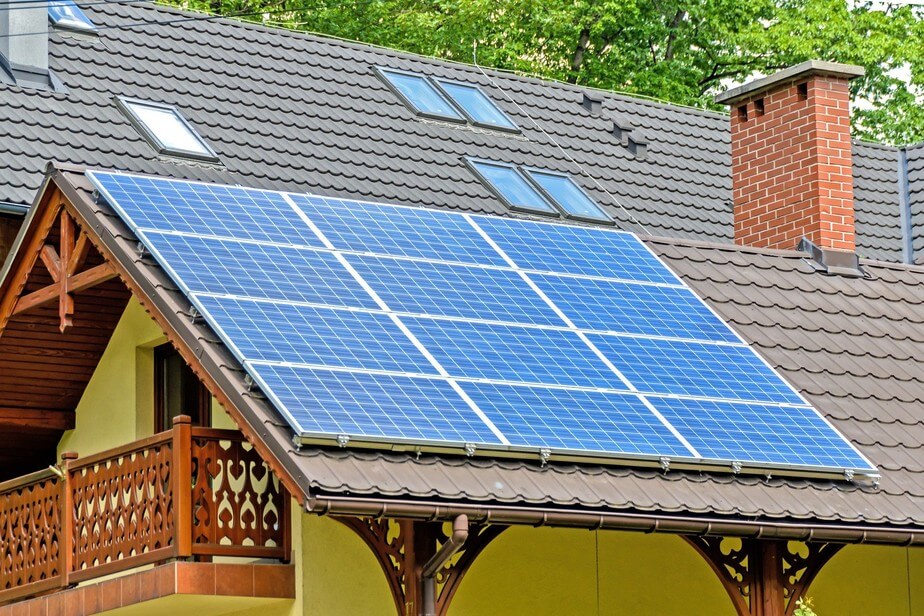
The taxation of solar energy will possibly not be approved in the Senate as it is, according to Senator Nelson Trad, from the PSD.
Senator Nelson Trad, from the PSD, commented last Friday that the matter of taxation of solar energy capture will not be taken to the Senate plenary, as it was approved in the chamber, and that it will probably be removed from the agenda, according to him, there is information that needs to be modified and verified for the text to be definitively approved in the senate.
The text, authored by Senator Silas Câmara (Republicanos-AM) and rapporteur by Deputy Lafayette Andrada (Republicanos/MG), has received mixed reception, as in some respects there are valid questions, such as the fact that people who generate their own energy still use the grid under the concessionaire's responsibility, but there is a fear that this rate will discourage the market, which is not yet so popular in Brazil.
- 2W Energia expands distributed generation service and continues to democratize access to solar energy in Brazil
- Taxation of the Sun: Companies pressure the Brazilian government to approve a bill that aims to tax solar energy in Brazil
- Senate project wants to change Petrobras' price policy by reducing prices for diesel, cooking gas and leaving gasoline at R$ 5
What is the argument for taxing solar energy capture?
It starts from the assumption that even if the capture is done all individually, whether residential, commercial or industrial, it is still only auxiliary. That is, there is the use of energy generated by the concessionaire and the use of the electrical network, which is the responsibility of the concessionaire. In this sense, the taxation would come to cover the expenses of the concessionaires with maintenance of the electric network and according to those who defend the original proposal that came out of the chamber, this tax would stimulate the creation of jobs within the energy sector.
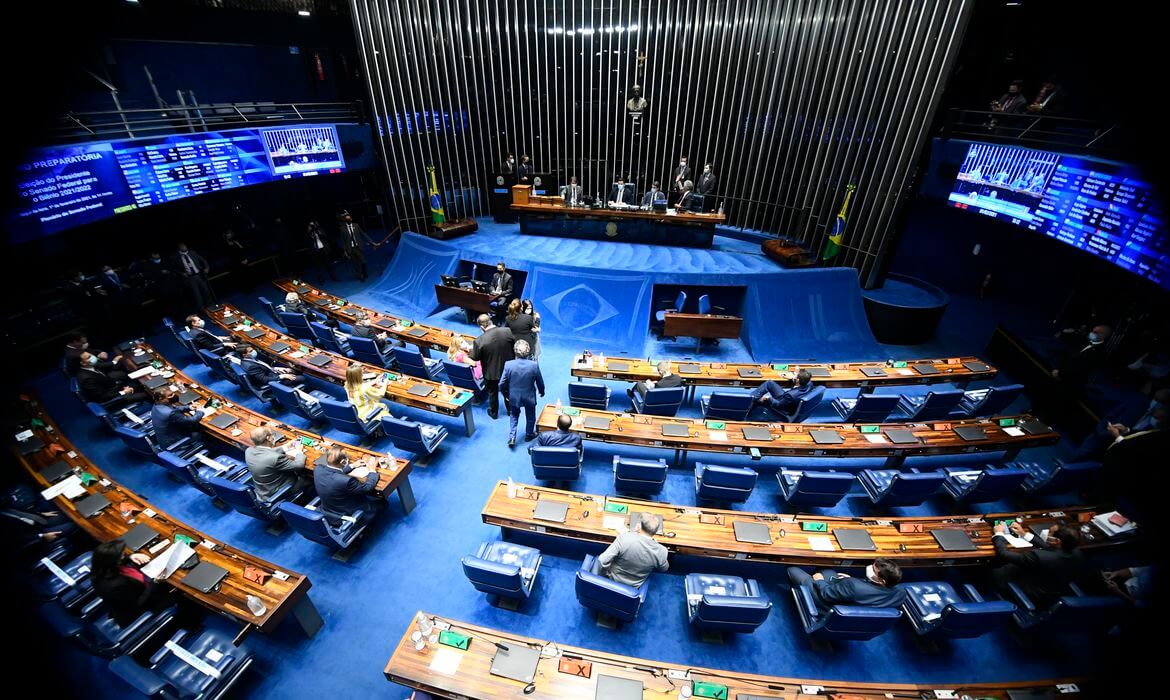
The Senate will probably modify the text of the solar energy taxation law, known as “sun taxation”. At this rate, it is possible that this law will not be approved before 2022. Image source: EBC
What does the original basic text of the law say? The fee would be charged gradually from 2023 to 2029, with the 2029 amount being the final amount of the fee.
The people and companies that already have solar panels at this moment will be exempt from payment until 2045.
Can the solar energy capture rate slow down the solar energy market in Brazil?
One of the biggest fears of those who are against this tax is to slow down a market that has been growing exponentially in Brazil year after year.
The growth of decentralized solar energy is great, even more so with the considerable increase in the kilowatt hour generated by concessionaires due to the difficulty of the water crisis.
One of the issues that the approval of the solar energy capture rate would bring at this moment is a considerable sense of urgency, since people and companies interested in having this system would seek speed to make their own, because with this matter being approved in 2022 , there is a chance that there is a deadline of 2024 for the fee to be charged, and those who install their solar panels before approval are free of the fee until 2045.
How would the funds raised be used?
O fundraising fee bill of solar energy provides that the amounts collected from these fees would be directed to social projects involving the democratization of solar energy for the less favored.
That is, at the same time that it discourages the installation of private solar panels for some customers, the intention is to promote the installation of solar panels in low-income homes, similarly to what was done when the television signals were switched from analogue to digital, and many families who receive Bolsa Familia received decoders, so as not to be left without a TV.
Even though it has been under discussion since 2019, the solar energy capture rate law will have to return to the chamber if it is changed by the senate. After passing through both houses, it will finally be verified by the president, who has the power to veto articles or the integrity of the text, which would cause it to restart the process in the Chamber of Deputies, in Brasília.


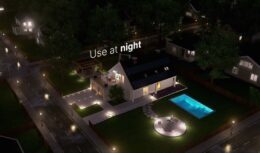
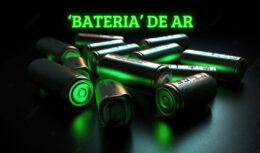







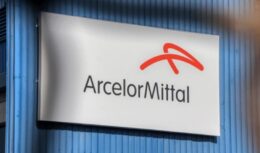

Army summons Brazilians with up to…
Come be a watermelon, you too
Air Force F-16 fighters…
Everything is fine, 100-year secrecy,…
Air Force F-16 fighters…
Well... It's flying scrap... Typical...
Air Force F-16 fighters…
Which genocide are you talking about? Than…
They discover the third largest deposit…
That’s why all foreigners and NGOs…
Brazil will never worry about…
It has a 550w 2 meter photovoltaic plate, more…
They give opportunities to drivers with no experience I have…
Since the day our dear
I warned you, Japan is ahead,…
Tunnels are going to be drilled in Serra do Mar…
If there's still space, I'm available! I act…
Mercedes conquered space by selling simplicity, durability…